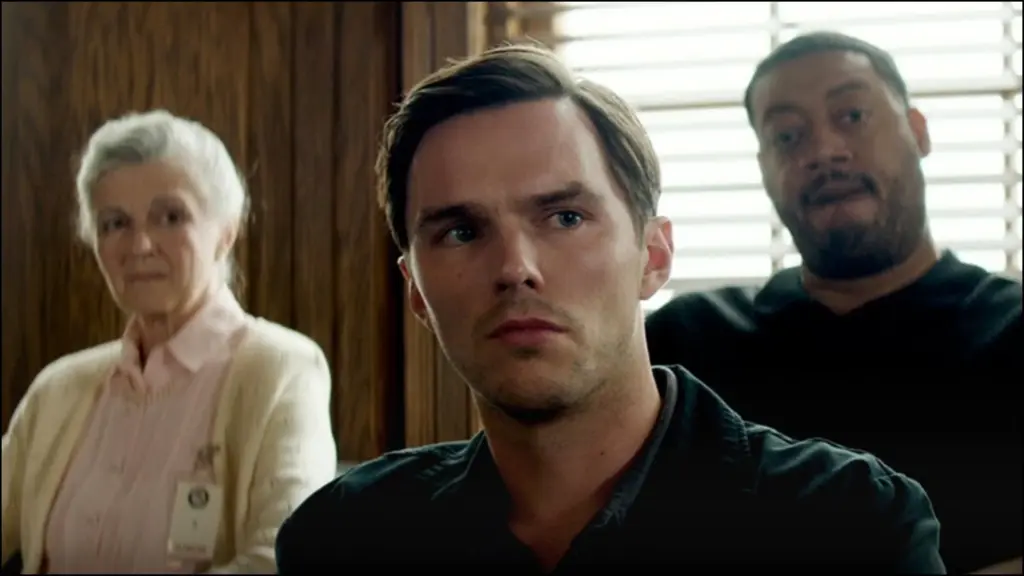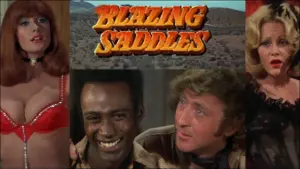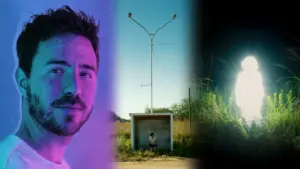Any civilized society works hard to make the aftermath of crime tedious, walling it in within the stringently rule-bound confines of the courts, cooling our desire for revenge with interminable rituals.
A realistic court proceeding, devoid of flimflam, would be a dreadful subject for film. Yet guilt vs. innocence is a great dramatic subject, and a trial offers a ready-made theatrical framework for exploring it. Hence the legal nonsense necessary to courtroom drama – the persuadable judges, rule-flouting lawyers, compromised witnesses, and last-minute surprises that fill uncountable hours of TV.
It’s entirely to director Clint Eastwood’s credit that Juror #2 (on some websites titled Juror No. 2, to avoid technical issues with use of a pound sign) has no truck with any of this. The surface of his absorbing, tightly crafted film is adamantly realistic, grounded in a fascinating place – Savannah, Georgia – and carried by the sure, low-key performances of an expert cast. Dramatic unlikelihood is embedded deep inside the plot.
The story’s focus is telegraphed by the title, which alludes to the 1957 Stanley Lumet classic, 12 Angry Men, a jury drama in which all the characters are referred to throughout by their numbers. While much less claustrophobic and play-like than its predecessor, this film’s focus is, similarly, not on a murder trial itself but on the subsequent deliberations of the jury.
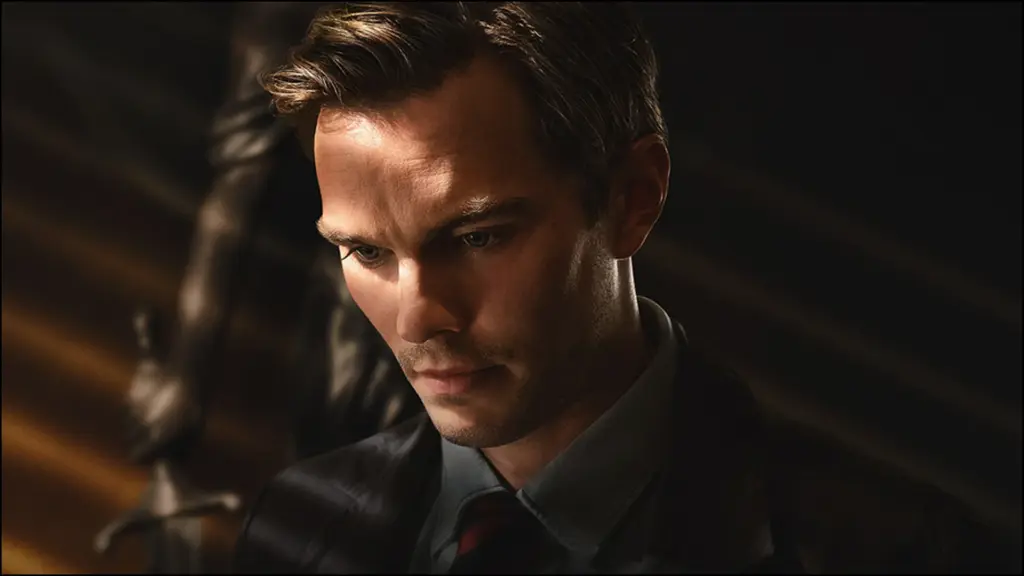
In the course of the trial, one of the impaneled jurors (a very fine Nicholas Hoult) realizes that he is guilty of the hit-and-run killing that a mostly innocent man – a rough, possibly boyfriend with a criminal past – is being tried for. (Our guy looked at his phone at the fatal moment, thinking he had hit a deer. Nicely turned flashbacks sell it well enough for suspended disbelief.)
Juror #2 – the recovering alcoholic, devoted young husband, and expectant father who’d almost forgotten about that minor collision – is now in an excruciating ethical bind. How can he avoid going to prison except by condemning a man he knows to be innocent?
As in 12 Angry Men, his fellow jurors start out eager to convict and go home; conscience compels Juror #2 to stall and ask questions, emboldening two of his fellows with special expertise (Chikako Fukuyama and J.K. Simmons) to ask more. But our guy, however nice and however sorry, is no Henry Fonda, no righteous white man of the 1950s. There is no good way out for Hoult’s character. In this fallen world, even the fantasy of dispassionate American justice is over: in 2024 no virtuous, disinterested citizen will emerge to browbeat his fellow jurors into upholding the Constitution.
What we get instead is a decent-enough guy trapped by guilty circumstances. This is the problem that interests Eastwood, who, after all, made Unforgiven, the most uncompromising contemplation of violence and responsibility in American film.
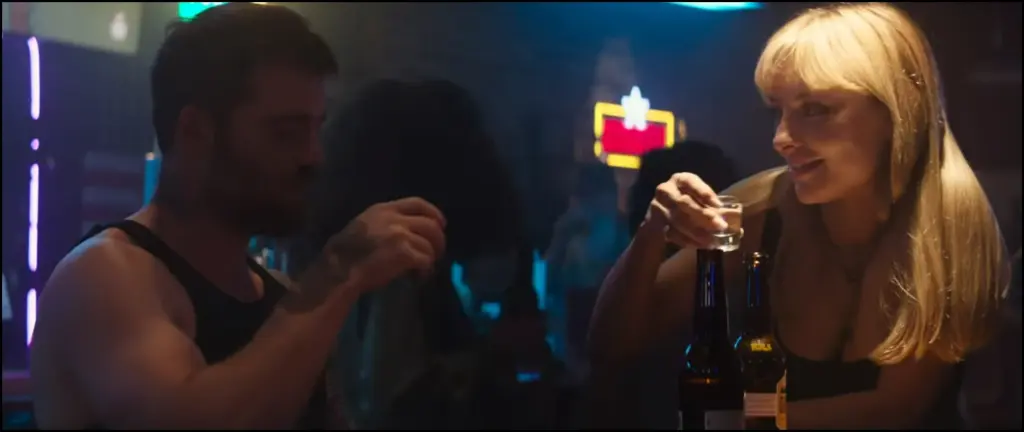
There’s a bit of opening business with a blindfolded woman, and in several shots, the scales of justice held by the statue outside the picturesque Southern courthouse tilt in an unseen breeze. As symbolism, this seems a little obvious, but when the great Toni Collette, as the attorney prosecuting the supposedly open-and-shut case, finally, reluctantly, sadly takes up the mantle of Justice, we think, “Ah, yes. Of course. There she is.”
Eastwood’s dour view of the possibility of redemption is balanced by a deep sympathy with the flawed individuals he shows us, and that tension – rendered with sure craft – makes this an absorbing watch.
There’s been much discussion of the studio’s grudging release of what is probably Eastwood’s last film into a few theaters with no marketing – it played just three times a day on a single screen in Tucson, where I live. The showing I went to, after making my way across town and through the crowds for Wicked and Gladiator II, was well-attended, admittedly by older people. Given the solid performance of Conclave, the studio certainly underestimated the potential interest of the grown-up audience for this, another deliberative, beautifully acted drama of moral choice. Did Juror #2 deserve better than almost straight-to-streaming? Yes. But now you can see it on TV.

